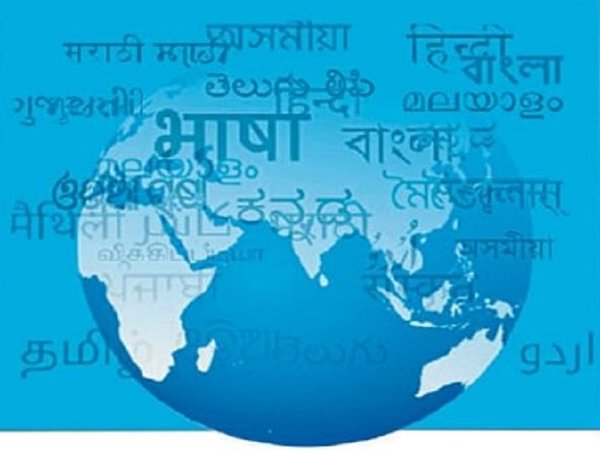Introspection on International Mother Tongue Day


Language connects people from all over the world. Language is used to express emotions, bond with others, teach and learn, express ideas, lay the groundwork for science and technology, and so on. Indians and people all over the world speak a variety of languages. Every language has a distinct identity in that region that binds the people together.
Everyone benefits from knowing and speaking their mother tongue. We must respect all languages, but not at the expense of our own. We have been victims of a colonial mindset that was designed to make us forget our roots. We have already abandoned our great and most scientific language, Sanskrit, and we are gradually abandoning our mother tongue, local and national language. This action has had a significant spiritual, social, and economic impact on our lives.
Here are some examples of how losing our native languages has affected us and why we need to reconsider and work on it.
We have been recognised as the Spiritual powerhouse since time immemorial, which is still the most pressing need in everyone’s life today all over the world. We have lost a lot of social and economic ground since we abandoned Sanskrit and other local languages.
We should thank many universities in Europe and America for emphasising the Sanskrit language after discovering that chanting the shlokas on a daily basis sharpens memory, improves intellect, and develops mindset.
We have purposefully eradicated the Sanskrit language under the guise of secularism and selfish political motives. Not only that, we have not even studied the great vedic literatures written in sanskrit, which contain great concepts of science and technology, as well as all important subjects from various branches, which have had a significant impact on our lives.
It has been scientifically proven that mother tongue aids in the understanding and grasping of any new concept in the early years of a child’s life. This fact is addressed in new education policy in order to develop a student with concepts and logics, and most importantly, to develop confidence, which many in today’s generation have lost as a result of forced and fabricated glorification of foreign languages.
The survival and continuity of any nation are determined by how strongly the people are linked to their roots, one of which is their own language. We have developed such a mindset over the years that we have ignored our languages, resulting in a gradual drift away from our roots. It is now time to strongly support it and make it a reality through the immediate implementation of new education policy.
Local language also aids a country’s cultural and economic development. When we look at the top 20 nations in terms of GDP, we can see that many of them prioritise their native language. This approach will undoubtedly assist us in achieving more economically and culturally while using English as a global communication language.
The feelings can be expressed correctly in the mother tongue, local language or national language, which binds family, friends, and relatives, as well as society. Language has such an impact on bonding that people came out in the open to help each other during the Corona pandemic.
Throughout the year, various festivals are celebrated in every nook and corner, bringing joy to many and driving the economy; one of the major reasons is mother tongue.
Let us remember Swami Tulasidas, Valmiki Rishi, Shri Bharatendu Harishchandra, Shri P. L. Deshpande, Sane Guruji, Shri Subramania Bharati, Shri Basavraj, and many other great contributors to our languages and culture.
Let us unite to focus on our own languages without fighting over who has the best language, to respect all languages, and to focus on mother tongue and national language to grow our future generations and keep our roots intact.
Every parent, school, and government should prioritise the implementation of new education policies over politics.
Happy and Introspective International Mother Tongue Day to Everyone…
Pankaj Jagannath Jayswal
7875212161
DISCLAIMER: The author is solely responsible for the views expressed in this article. The author carries the responsibility for citing and/or licensing of images utilized within the text.
